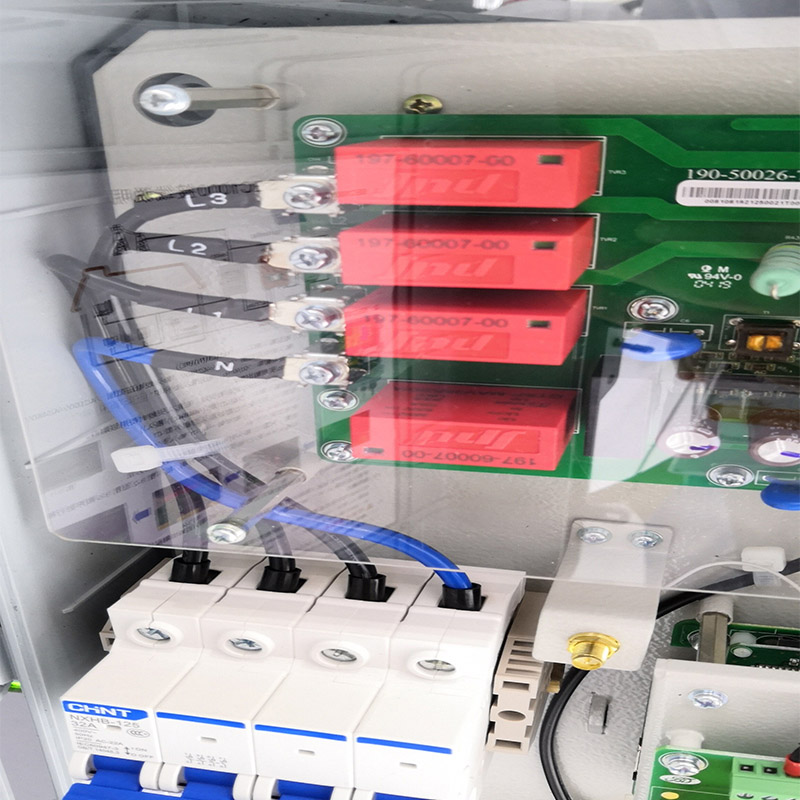Jinli PCB type SPD in inverters
Aug 18, 2023Due to the greenhouse effect and the El Ni ñ o phenomenon, high summer temperatures are prevalent. Excessive temperature not only leads to a decrease in power generation, but also seriously affects the operation and service life of photovoltaic modules, causing a decrease in the insulation performance of motor coil enameled wires of photovoltaic modules, cables, inverters and other electrical equipment, softening or even melting of cable insulation, resulting in circuit short circuits, causing fires in photovoltaic power stations, endangering personal and property safety. The impact of high temperature on electronic devices such as inverters is manifested as:
1) Photovoltaic power plants have electronic equipment such as inverters, which contain a large number of electronic components, integrated circuits, and high-power switching transistors. The working temperature range of civilian grade electronic components is -35 ℃~70 ℃, and the working temperature of most photovoltaic inverters is -30~60 ℃. Beyond this operating temperature range, both electronic circuits and integrated circuits will enter an unstable state. This state can cause circuit equipment to shut down in mild cases, and in severe cases, it can lead to circuit logic confusion and equipment damage.
2) There will be a large number of electrolytic capacitors in the photovoltaic inverter. In order to stabilize the voltage at the photovoltaic input terminal and prevent interference, there will also be a varying number of large capacity electrolytic capacitors. These capacitors are very afraid of high temperatures, which will gradually evaporate the electrolyte inside the capacitor, leading to a decrease in capacitor capacity and even scrapping.
3)The high-power thyristors in photovoltaic inverters are highly sensitive to high temperatures. Excessive temperatures can affect the correct operation and service life of high-power thyristors, and cause them to burn out.
Anhui Jinli PCB type surge protection deviceis widely used on the AC and DC sides of inverters, and the product fully complies with GB/T 18802.31 Low-voltage surge protective devices-Surge protective devices for specific application including d.c.-Part 31: Requirements and tests for SPDs in photovoltaic applications. Andour PCB type SPDs havepassed TUV certification andhave undergone 1000 hours of aging testing in a dual 85 ° C (temperature 85 ° C and humidity 85% environment) environment, and all aspects of performance testing are normal to ensure the safe operation of photovoltaic inverters on site.
